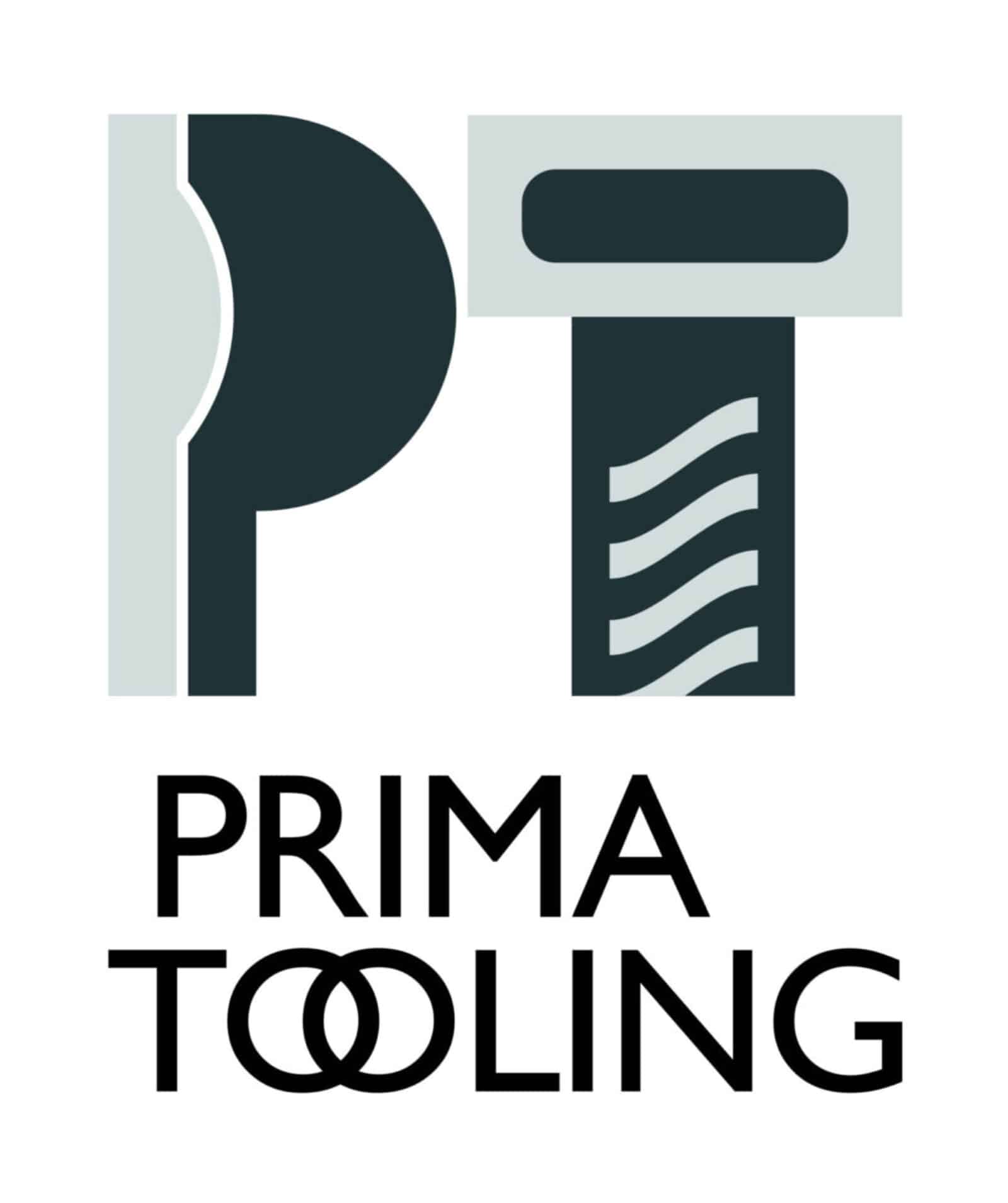CNC tools fundamentally, must be able to withstand incredible pressures and high temperatures from friction, and be strong enough to cut through a workpiece while withstanding them. Drills are a common sight both in industrial settings and in the home, but with so many options out there, how can you know you’re choosing the right drill for your application? At Prima Tooling, we offer drills in a variety of materials, each with its own benefits! So what material makes the strongest drills?
High-Speed Steel (HSS)
High-speed steel is a solid steel alloy that is a common choice for drills and end mills. High-speed steel was developed in the post-war period to replace the previously prevalent high carbon steels that were in use throughout the 40s. High-speed steel was durable enough to be used to drill at much higher rotation speeds than the previously used high carbon steel, giving it its name.
Polycrystalline Diamond (PCD)
Polycrystalline diamond (PCD) is a type of diamond used for engineering tools through a process known as ‘sintering’. Sintering is a complex procedure, during which tiny particles of diamond are fused together under astronomical heat and pressure, with the help of cobalt as a binding agent. This produces an ultra-hard diamond product that is used to create the tips for PCD tooling and is one of the strongest options on the market today.
Tungsten Carbide (Carbide)
Tungsten carbide, known simply as carbide in the engineering tooling industry, is a fantastic alloy crafted from tungsten and carbon with cobalt as a binding agent. Tungsten and carbon have the highest melting point of all the heavy metals, and the highest melting point of all the elements, respectively, and each has an incredibly dense atomic structure that exhibits extraordinary strength.
Solid carbide end mills do not enjoy the same tensile strength as their PCD tipped counterparts, but each have their own place in the tooling market with Carbide for machining all metals and PCD for machining Composites and Alloys.
The cheaper cost associated with HSS compared with Tungsten carbide drills means that carbide is the best middle ground option for milling cutters. For pure strength and durability, PCD leads the way. But for machining most metals, balance of strength and ongoing operating costs, tungsten carbide products, like carbide drills, are the best middle ground.
